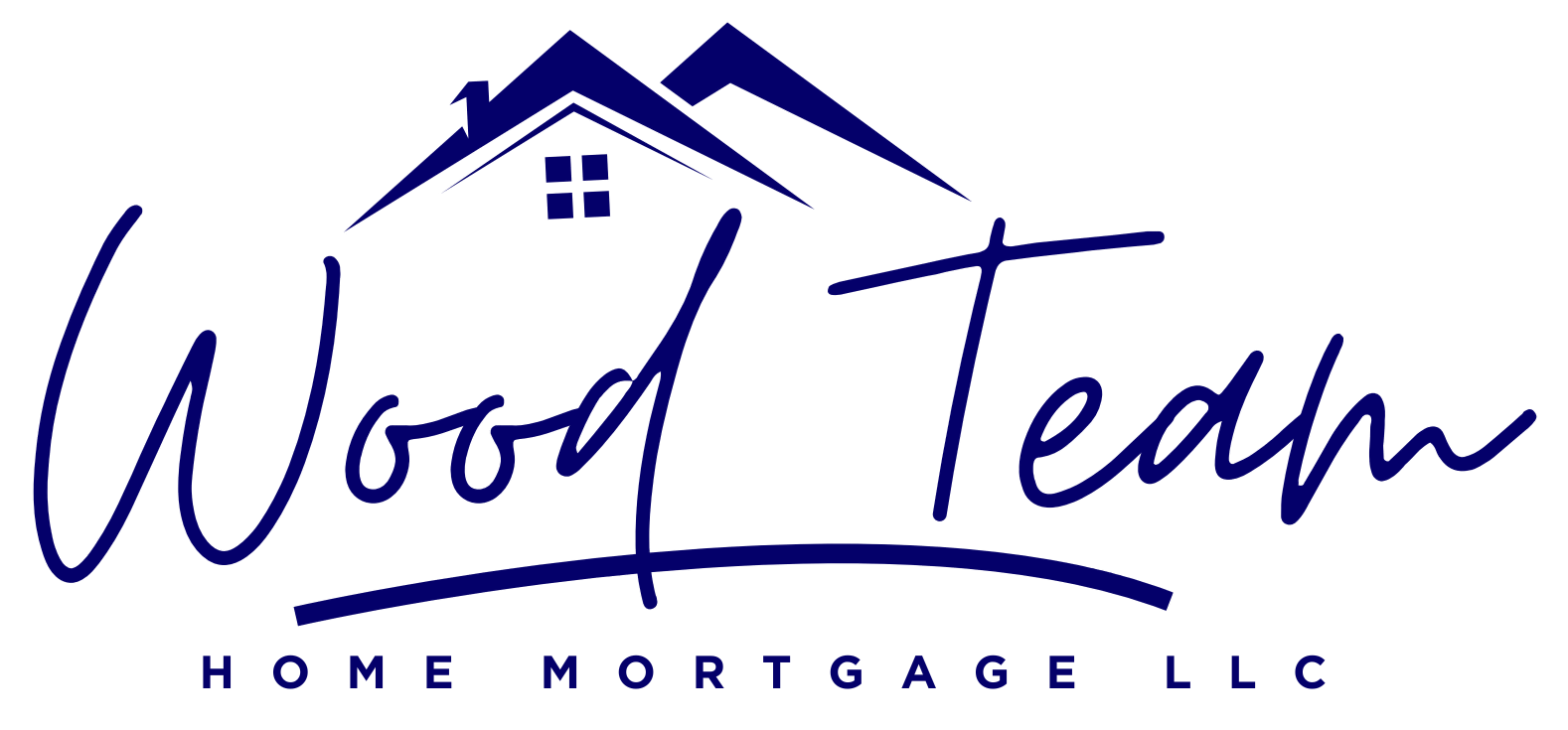What is Mortgage Insurance? Why Do I Need It?
In a nutshell, Mortgage insurance protects the lender in case the borrower defaults on the the loan. It's allows for the lending agent to be protected in case of default on their mortgage note.
HOW DOES IT WORK?
Mortgage Insurance options can function differently depending on the type of contract you have. It has the ability to function as a traditional premium payment, or it can function in a lump-sum payment that is made when the lender signs the mortgage agreement. In order to get to closing, many borrowers don't have a choice and have to purchase mortgage insurance if they have a greater than 80% loan-to-value ratio. Although, PMI can usually be removed from the loan once the borrower pays off 20% of the principal balance.
The four main types of Mortgage Insurance include:
- Private Mortgage Insurance (PMI)
- Mortgage Life Insurance (MLI)
- Mortgage Title Insurance (MTI)
- Qualified Mortgage Insurance Premium (QMIP)
Let's dig in to see what each of these provide.
PRIVATE MORTGAGE INSURANCE (PMI)
If a borrow has defaults on their mortgage loan payment PMI protects the lender. PMI is typically required due to a high loan to value ratio. This is the most common of all of mortgages. Once a borrower has reached payment of 20% of their loan they can qualify to have the PMI taken off the loan.
QUALIFIED MORTGAGE INSURANCE PREMIUM (MIP)
If your loan is a US Federal Housing Administration (FHA) mortgage, then you will need to have a Qualified Mortgage Insurance Premium. MIPs are required even if your down payment is greater than 20% of the house cost. No matter what your credit score is, MIPS are fied. There is a 5% increase in price if your down payment is less than 5% of the cost of the home.
MIP have a payment that is due at closing as well as a monthly payment.
MORTGAGE TITLE INSURANCE (MTI)
Mortgage Title Insurance is required when there is an issue with the title. This can happen if the seller did not actually own the property at the time of sale. The insurance is to ensure the borrower will not incur substantial losses.
A mortgage can only close if an advocate performs a title search that will show any liens that could cause the sale to fall through. The search will also confirm that the property belongs to the seller.
MORTGAGE LIFE INSURANCE (MLI)
Morgage Life Insurance protects the lender if the borrower passes away before the mortgage loan has been paid in full. A borrower is not required to pay this insurance but removing MLI can be an ardious process that requires lengthy forms, signing waivers and comes with risk.
MLI rates can either be a fixed rate or drop as the mortgage balance decreases. MLI may pay off the lender or the heir to the loan depending on the policy made beforehand.
Interested in learning more about how the mortgage process works? Interested in learning how you can qualify to get into the home of your dreams? Give us a call today. 406.220.0077 or apply online here.












